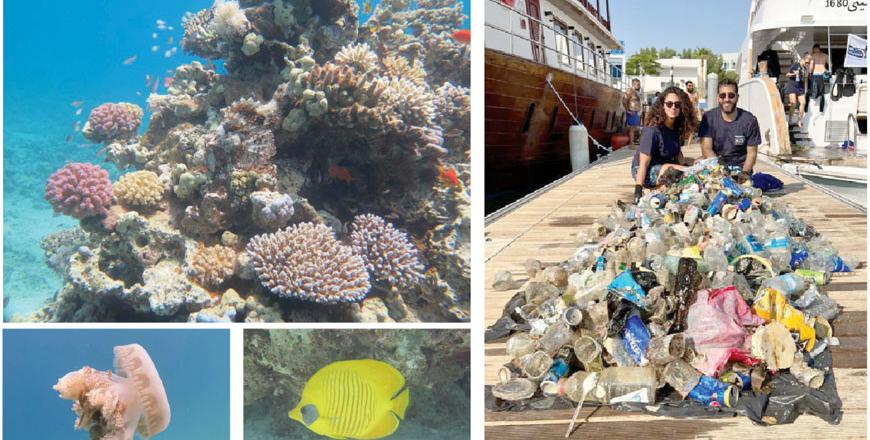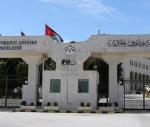You are here
Study examines Aqaba’s urban resilience, sustainability
By Maria Weldali - Jan 24,2022 - Last updated at Jan 24,2022

Neighbourhoods play a crucial role in creating a resilient city, according to the study titled ‘Aqaba: A Resilient City through its Neighbourhoods’ (JT file photo)
AMMAN — A study titled “Aqaba: A Resilient City through its Neighbourhoods” showed that sustainable mobility, environment and urbanisation are critical facets of the port city’s future liveability and resilience.
The study, which is published by A/E Business Council and the Regional Climate and Energy Project MENA, which is based at Friedrich-Ebert-Stiftung (FES), provides a framework for transformational change in Aqaba’s neighbourhoods to build towards a sustainable and resilient city, with an improved environment, inclusive mobility and increased social equity.
The study examines Aqaba’s resilience and sustainability, analyses the current situation and challenges amid the unprecedented pandemic, and envisions long-term development strategies.
Founded in 1925, FES is a German non-profit political foundation based on the principles of social democracy, seeking to promote international cooperation, education, and research in Germany and abroad.
As stated in the study, “Aqaba is a growing city with a vibrant culture, a desirable investment climate, and one of Jordan’s vital tourism attractions,” adding that to have a resilient city, a transformational change is required to strengthen and connect all dimensions of urban resilience including individuals, infrastructure, ecosystems, institutions and policies.
Neighbourhoods play a crucial role in creating a resilient city, according to the study, which added that “neighbourhood resilience is the neighbourhood’s ability to adapt and to pivot in times of crisis”.
Using the transition management approach while showcasing several neighbourhoods, the analysis focuses on environmental planning, mobility issues and community engagement challenges, according to the study.
The study also noted that in order to make Aqaba a more resilient city, emphasis must be placed on urban planning, mobility, the environment and community inclusion.
Although Aqaba hosts “a unique ecosystem” of rare plants and herbs, and is home to some of the finest marine life, it still faces various environmental challenges resulting from decades of non-sustainable production and consumption patterns, the study added.
“Aqaba has been losing biodiversity and has been gaining air and water pollution,” according to the study, adding that the city is surrounded by many air pollution sources such as activities using fertilisers, electricity generation, wastewater treatment and crude oil activities.
“Aqaba has a great opportunity to develop, but there is an urgent need to include and consider its people while building or implementing its future strategies,” Rasema Rosan, a Jordanian who used to live in Aqaba, told The Jordan Times.
Rosan moved to Amman a couple of years ago due to many reasons, including the absence of several key services in the neighbourhood where she lived.
Noor Shabsough, whose parents live in Aqaba, said: “I like spending a couple of days in Aqaba, but it is in need of major projects to be more attractive for citizens and tourists”.
Related Articles
AMMAN — Some 9,000 tourists are scheduled to visit Aqaba in November and December to spend time in the port city and other tourist destinati
Aqaba reefs face substantial dangers of man-made variety, mainly overfishing, litteringAround 44% of coral species recorded in Red Sea only
AMMAN — The Aqaba Special Economic Zone Authority (ASEZA) on Monday sunk a disused commercial TriStar aircraft to Aqaba’s Underwater Militar


















